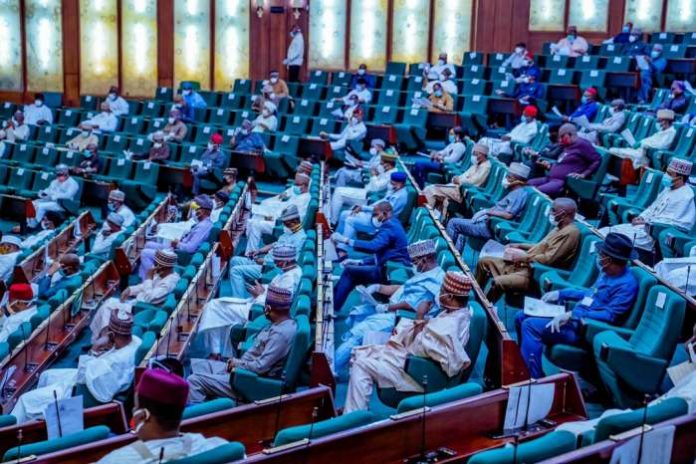|
Civil Society Legislative Advocacy Centre (CISLAC) and 39 other Non-Governmental Organisations (NGOs) have called for a Public Hearing on the proposed Control of Infectious Disease Bill by the National Assembly. Mr Auwal Rafsanjani, Executive Director of CISLAC, made the call in a statement co-signed by the 39 groups on Tuesday in Abuja.
Rafsanjani said that the civil society community was alarmed by the House of Representatives’ attempt to give accelerated passage to a critical legislation without consultation and inputs from relevant stakeholders and the public. According to him, the bill has passed first and second reading at plenary under controversial circumstances and was slated for its third reading before it was resisted by some vigilant members of the House. Rafsanjani said the group was worried that the bill vested overbearing discretionary powers on Director-General of Nigerian Center for Disease Control (NCDC), while making no provision for reviewing and controlling the exercise of such powers. He said that the bill empowers the NCDC to restrict fundamental rights and freedoms at will, and abuse constitutionally established institutions and processes without any form of accountability. “For instance, Section 10 (3) gives the Director-General express powers to use force to enter any premises without warrant; Section 19 confers the director-general with powers to prohibit or restrict meetings, gatherings and public entertainments. “Section 15(3e) also gives powers to the director-general to authorise the destruction and disposal of any structure, goods, water supply, drainage and section 47(1) confers discretionary powers to order any person to undergo vaccination or other prophylaxis. “All these powers can be abused for political and economic reasons if not properly checked,” he said. Rafsanjani said section 71 of the bill which absolves certain authorised persons of any liability when acting in good faith and with reasonable care is ambiguous and subject to misuse, manipulation, and misinterpretation for personal gain. He said that while the threat of infectious diseases might be apparent, measures deployed for their prevention must be within the limits of the law and must protect citizens from willful abuse of rights. He said that the bill violates key principles of simple, clear and unambiguous legislative drafting, leaving significant amount of discretion on the implementing authorities and limiting the rights of citizens and relevant institutions. Source: Today
0 Comments
Leave a Reply. |
